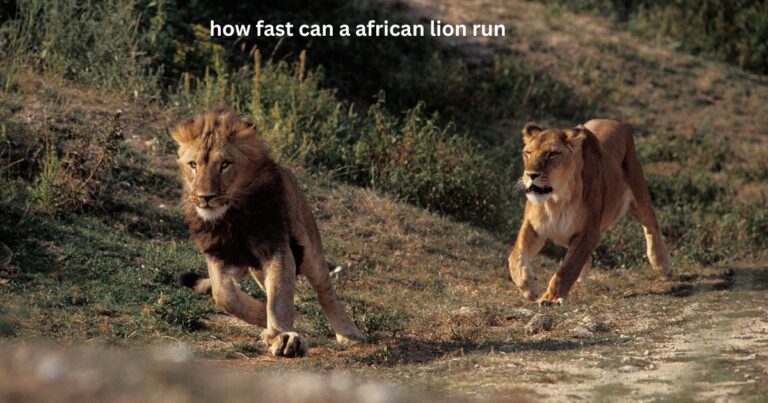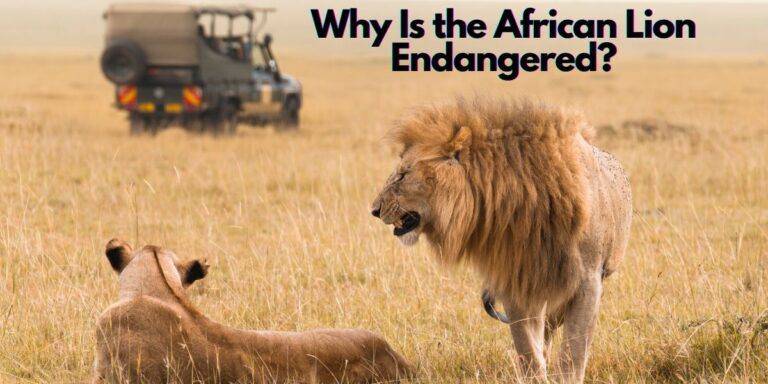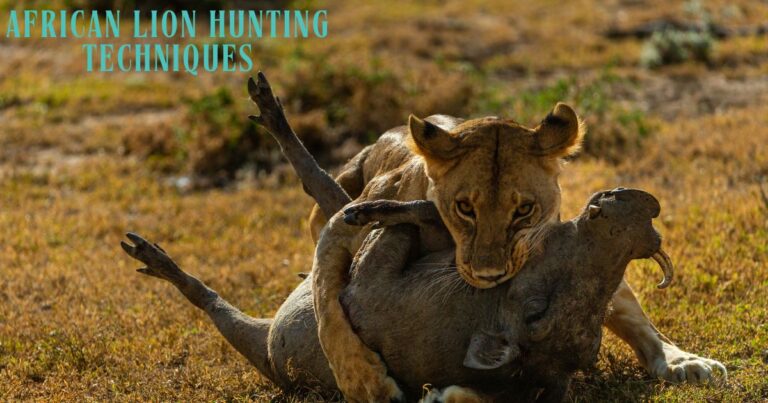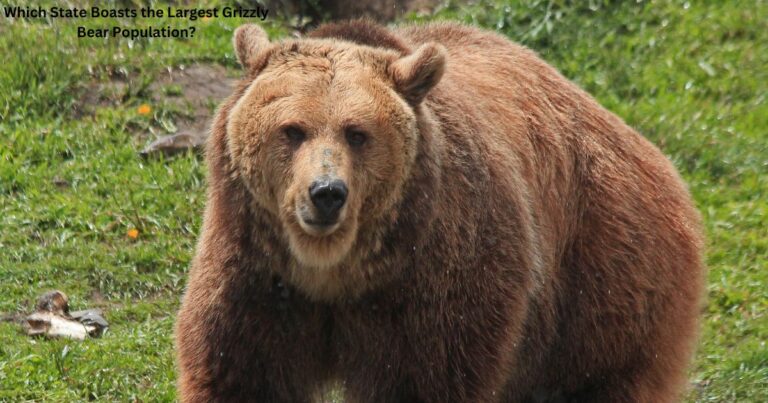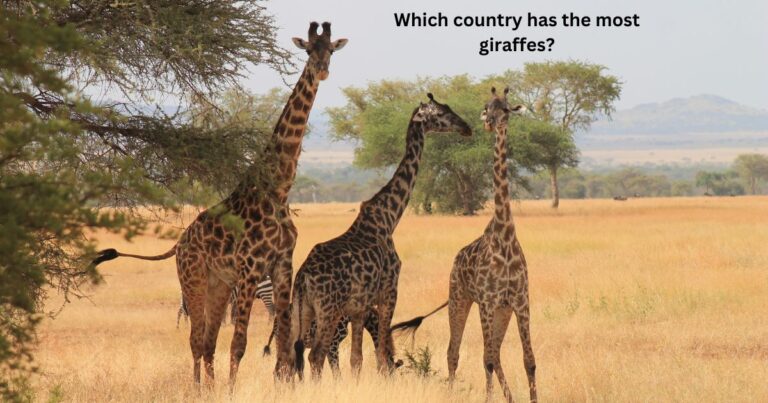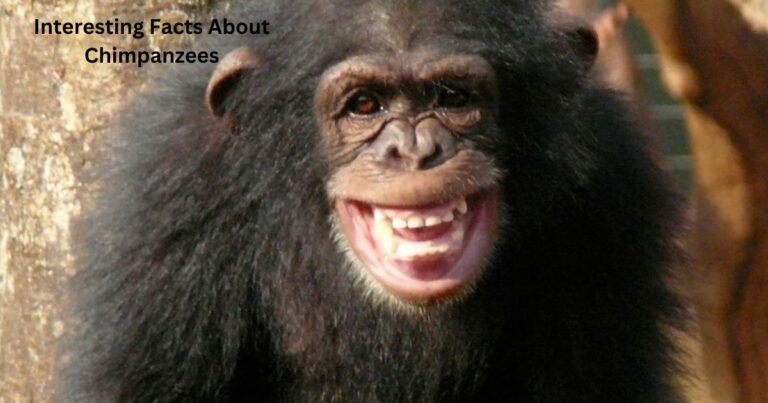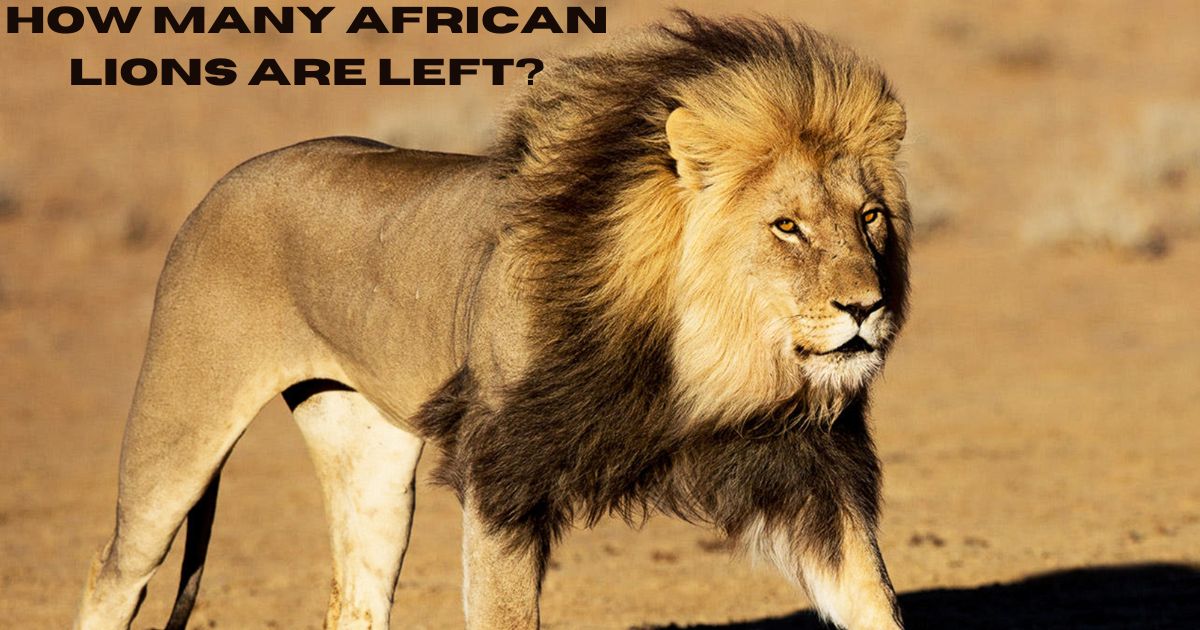
Introduction
How Many African Lions Are Left?Declining Population
African lions, the wonderful masters of the savannah, have long captured the inventive capacity of people around the world. In any case, their masses have been reliably declining due to distinctive perils, raising concerns nearly their survival. In this article, we burrow into the pressing question:How Many African Lions Are Left?.
Understanding the African Lion Population
The African lion (Panthera leo) once meandered all through a divide of the African landmass, from the knolls of the Serengeti to the deserts of Namibia. In any case, environment hardship, human-wildlife battling, poaching, and trophy hunting have taken a toll on their numbers.
Current Estimates
Agreeing to the most recent gauges by preservationists, the populace of African lions has dwindled essentially over the past few decades. Whereas exact numbers are challenging to discover due to the endless and regularly farther living spaces they possess, specialists accept that there are around 20,000 to 25,000 African lions left in the wild.
Factors Contributing to Decline
Habitat Loss
As human populations expand, lion habitats are increasingly fragmented and degraded, leaving them with constrained space to roam and hunt.
Human-Wildlife Conflict
Encounters between lions and human beings, mainly in areas where livestock is gift, regularly lead to retaliatory killings by using farmers seeking to defend their livelihoods.
Poaching
In spite of the fact that lions are not ordinarily focused on by poachers for their body parts, they frequently drop casualty to catches and traps set for other animals.
Trophy Hunting
In spite of broad feedback, trophy chasing of lions remains legitimate in a few African nations, further depleting their numbers.
Conservation Efforts
Conservation organizations and governments across Africa are working tirelessly to address the threats facing African lions and protect their remaining populations.
These efforts include
- Building up ensured ranges and natural life hallways to defend lion habitats.
- Implementing community-based preservation activities to moderate human-wildlife conflict.
- Strengthening anti-poaching measures and expanding punishments for natural life crime.
- Advocating for stricter directions on Trophy Hunting and advancing mindful tourism as an elective source of income.
FAQs About African Lions
1. What is the biggest threat to African lions?
Living space misfortune and fracture posture, the most noteworthy risk to African lions, taken after by human-wildlife struggle and poaching.
2. How many African lions are killed each year by trophy hunters?
It’s challenging to decide correct figures, but gauges propose that hundreds of African lions are legitimately hunted each year for trophies.
3. Are African lions endangered?
Whereas African lions are not classified as imperiled by the Universal Union for Preservation of Nature (IUCN), they are recorded as powerless, meaning they confront a tall hazard of termination in the wild if current patterns proceed.
4. How can I help protect African lions?
You can bolster preservation organizations working to secure lion living spaces, raise mindfulness almost the situation of African lions, and maintain a strategic distance from exercises that contribute to their decay, such as acquiring items made from imperiled natural life.
Conclusion
The address of how numerous African lions are cleared out is not only a matter of numbers; it is a reflection of our collective obligation to secure Earth’s biodiversity. Whereas the challenges confronting African lions are overwhelming, concerted preservation endeavors offer trust for their survival. By tending to the root causes of their decrease and advancing coexistence between people and natural life, we can guarantee that future eras proceed to wonder at locate of these famous predators meandering the African fields.

